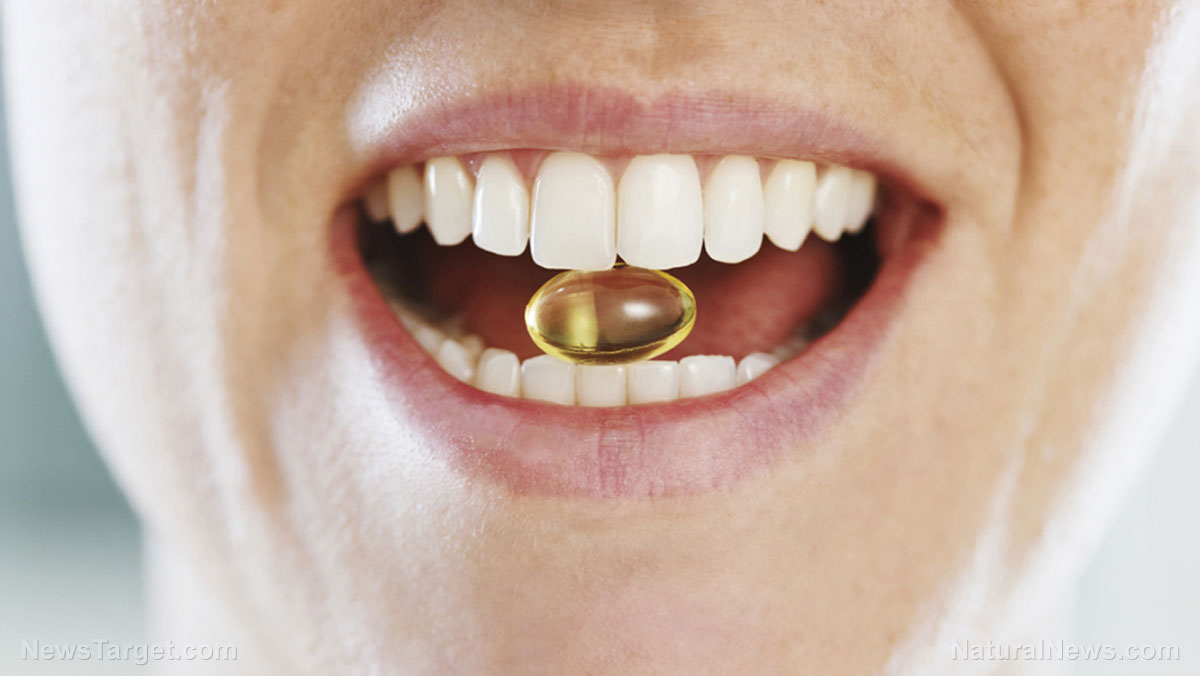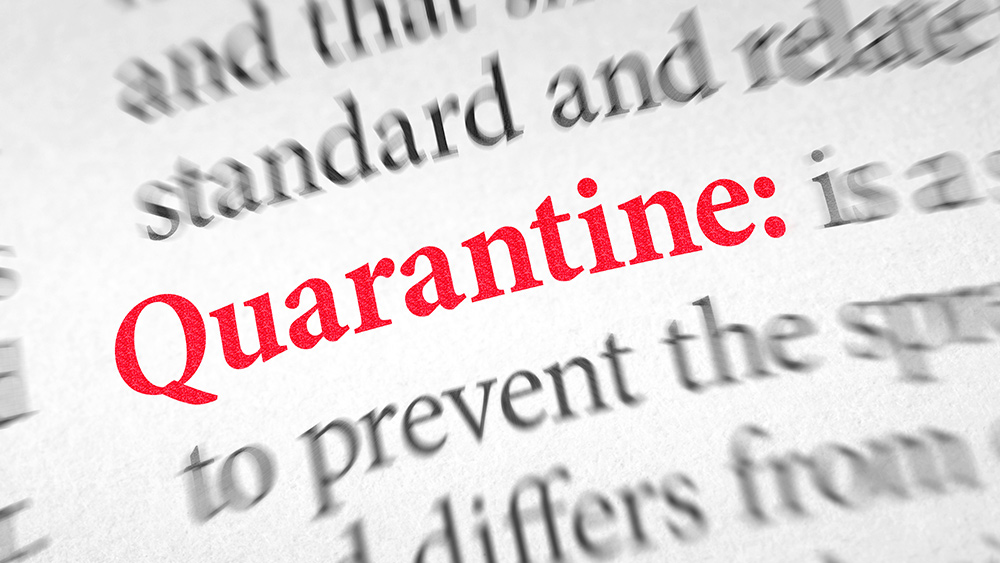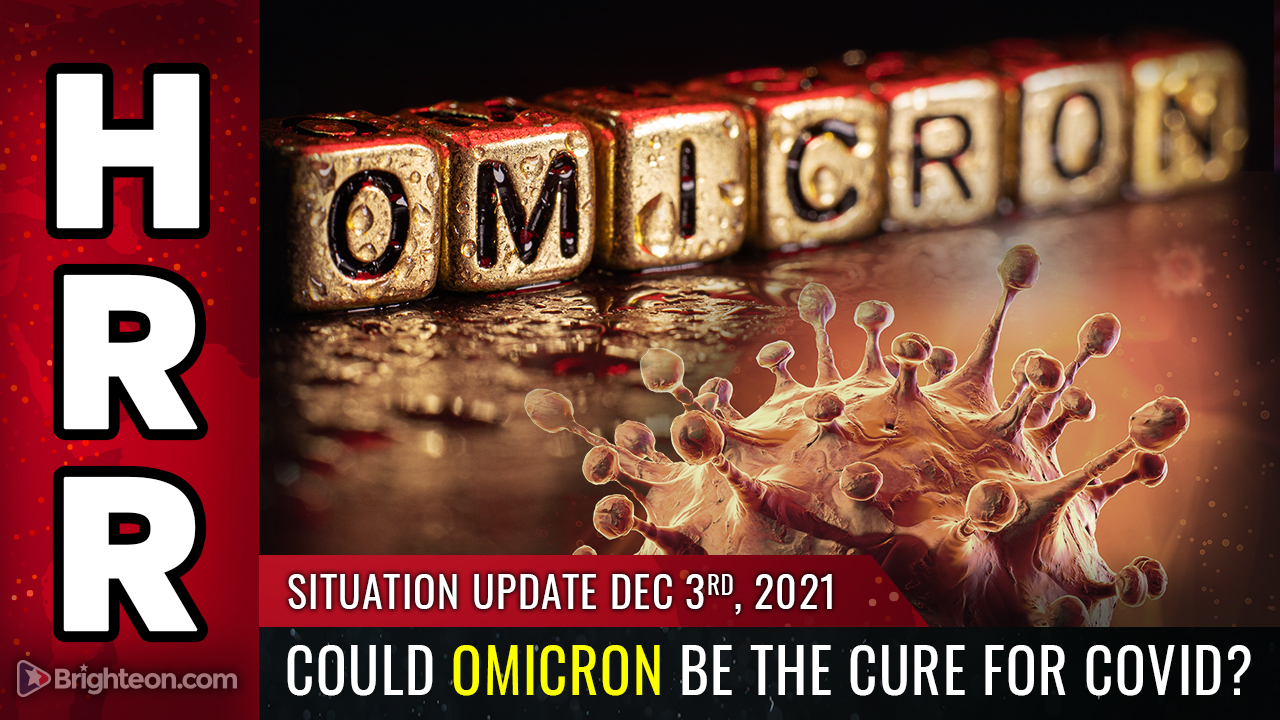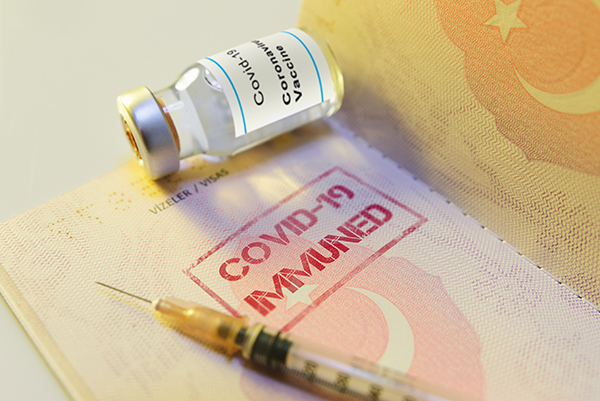Researchers suggest fish oil supplements should be considered a potential treatment for ADHD
02/23/2021 / By Virgilio Marin

Most commonly used medications for attention deficit hyperactivity disorder (ADHD) are known to cause side effects that negatively impact children’s mental health. Ritalin and Adderall, for example, can cause sleep problems, anxiety, irritability and headache.
Therefore, researchers are now looking for alternative treatments for ADHD. In a recent study published in the journal Translational Psychiatry, British and Taiwanese researchers found that fish oil supplements may help treat ADHD in children who are deficient in omega-3 fatty acids.
Exploring the potential of fish oil supplements to treat ADHD
Omega-3s like eicosapentaenoic acid (EPA) and docosahexaenoic acid (DHA) are essential fatty acids that are good for the brain. Supplementation with these healthy fats is linked to enhanced cognitive function and academic performance. Past research has also associated omega-3 deficiency with ADHD. One study showed that children with ADHD have lower blood levels of EPA and total omega-3s than healthy children.
With that in mind, the researchers conducted a study involving 92 Taiwanese ADHD patients aged six to 18 to examine the effect of supplementing with high-dose EPA. They asked the participants to take either EPA supplements or a placebo for four months.
The children with low EPA levels were able to stay focused and vigilant after taking the supplements. On the other hand, those with normal EPA levels at baseline experienced no improvements, while those with high EPA levels became more impulsive.
“Our results suggest that fish oil supplements are at least as effective as conventional pharmacological treatments among those children with ADHD who have omega-3 deficiency,” said lead researcher Jane Chang, a child and adolescent psychiatrist at China Medical University.
Carmine Pariante, a professor of psychiatry at King’s College London and one of the study authors, said that their findings set an important precedent for other nutritional interventions. He noted that physicians can start bringing the benefits of “personalized psychiatry” to children with ADHD.
“For those children with omega-3 deficiency, fish oil supplements could be a preferable option to standard stimulant treatments,” added Pariante.
“High blood levels of EPA without using supplements can be achieved through a good diet with plenty of fish, which is common in some Asian countries like Taiwan and Japan,” explained Kuan-Pin Su, who was also involved in the study.
Why are omega-3s good for the brain?
EPA and DHA are important for normal brain function and development. Found in abundance in the cell membranes of brain cells, these fatty acids facilitate communication between nerve cells. A deficiency in these nutrients can cause numerous problems.
Many studies link lower DHA levels in the blood to a smaller brain size, which is a common sign of accelerated brain aging. Eating a diet lacking in omega-3s is also associated with memory and learning problems and lower DHA levels in the brain.
On the other hand, supplementing with fish oil supplements may improve brain function in people with mild cognitive impairment and age-related cognitive decline. Fish oil has also been found to reduce depression. In one review, researchers found that fish oil supplements helped reduce depression symptoms as effectively as antidepressant medications. The researchers noted that the greatest improvements were seen in people who took higher doses of EPA. (Related: Omega-3 supplementation can improve psychophysiological symptoms of PTSD.)
Fish oil contains high amounts of omega-3s that boost brain health. Eat more fatty fish or take fish oil supplements as part of a healthy diet for a healthy brain. For more about the health benefits of omega-3s, visit Omega3.news.
Sources include:
Tagged Under: adhd, alternative medicine, brain health, children's health, disease treatments, fatty fish, Fish Oil, food cures, food is medicine, healthy fats, mental health, natural cures, natural medicine, nutrients, omega-3 fatty acids, supplements
RECENT NEWS & ARTICLES
COPYRIGHT © 2017 NATURAL CURES NEWS





















